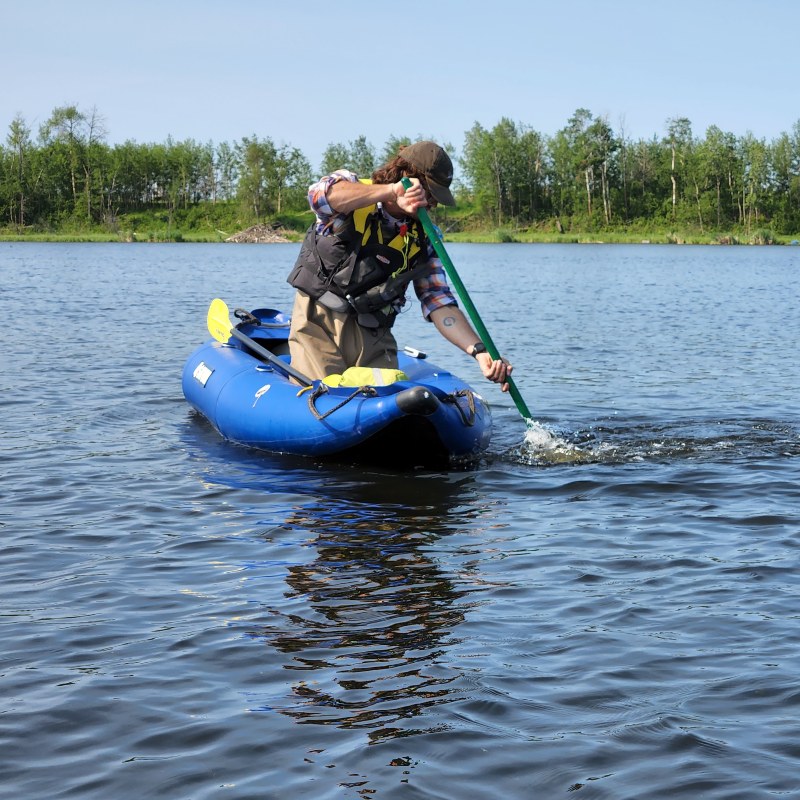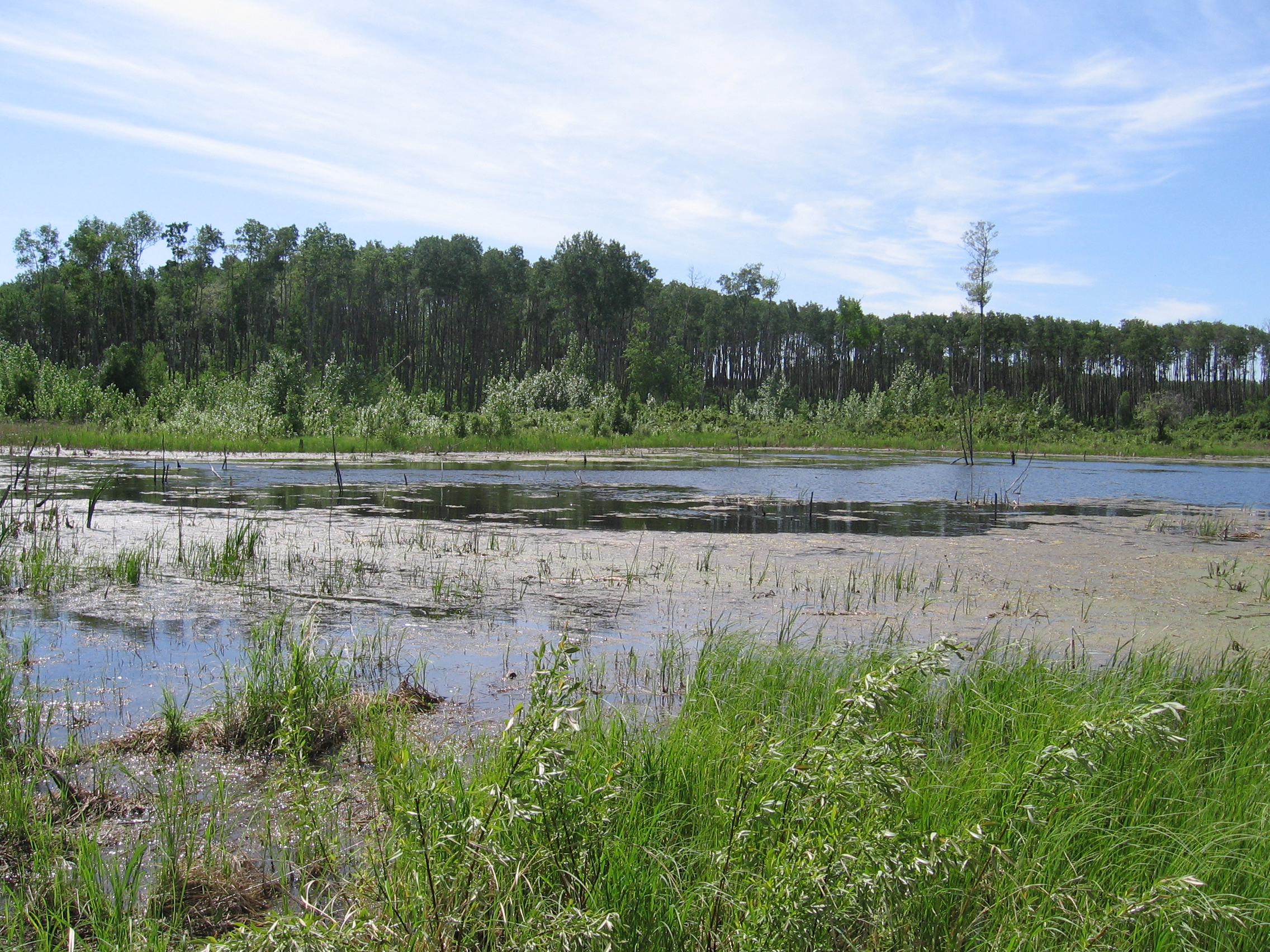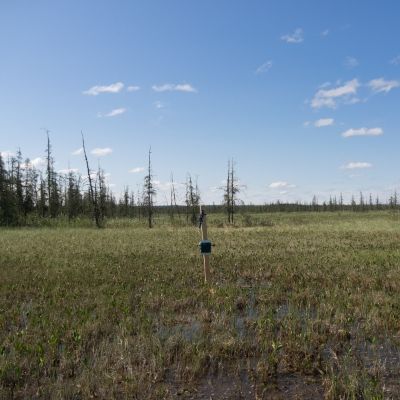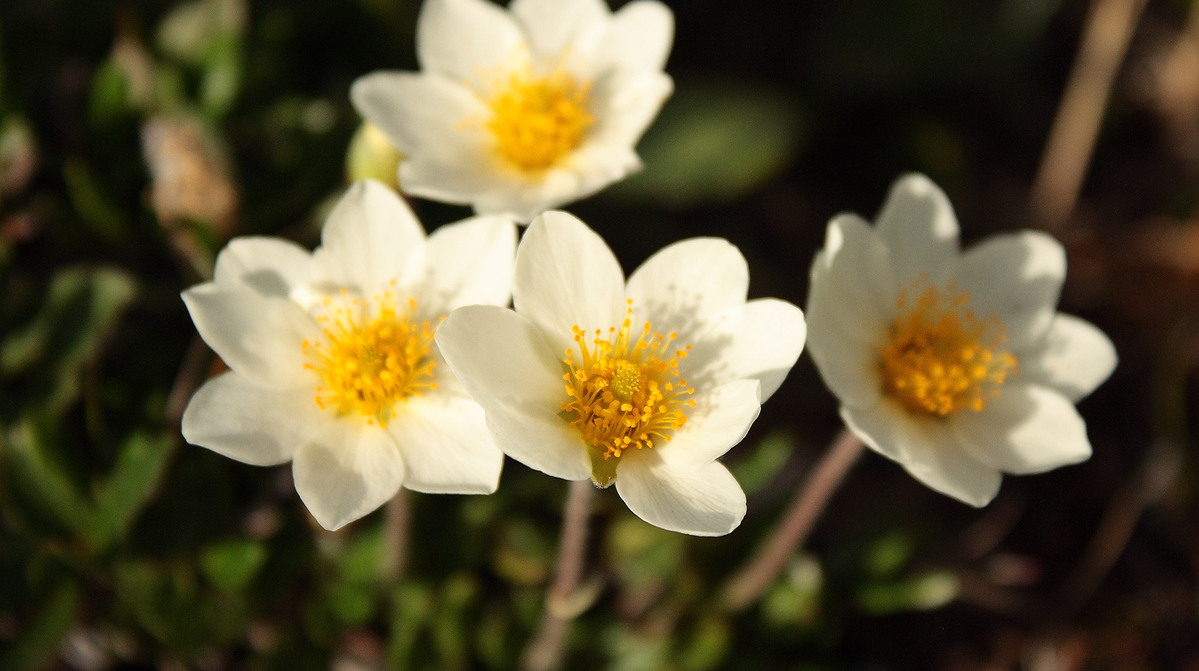
Wetland Genomics Project
Categories: DNA
Status: In Progress
About the Project
Advances in the field of environmental genomics offer some exciting new opportunities for the future of biodiversity monitoring. In collaboration with InnoTech Alberta and Ducks Unlimited Canada, the ABMI successfully led a funding proposal to the Alberta Innovates Water Innovation Program in 2022/23 to examine the effects of agriculture and climate change on aquatic invertebrates and waterfowl in prairie pothole wetlands.
Fieldwork was initiated this spring, and over the next four years this project will help to expand the ABMI’s understanding of the cumulative effects of intensive agriculture and climate change in aquatic ecosystems while expanding the use of new techniques in environmental genomics to support large-scale monitoring of aquatic invertebrates and plants.

A wetland ecosystem in a parkland ecosystem
In the spring of 2020, the ABMI initiated a pilot project with Innotech Alberta to explore the effectiveness of environmental DNA (eDNA) technology for monitoring amphibians in wetland habitats.
The Bioacoustic Unit is at the forefront of using digital audio recording through ARUs (autonomous recording units) to understand how human activities are affecting species that make sounds.
Our goal is to develop essential knowledge and tools to support the management of Alberta's biodiversity in a changing climate.
.jpg)


